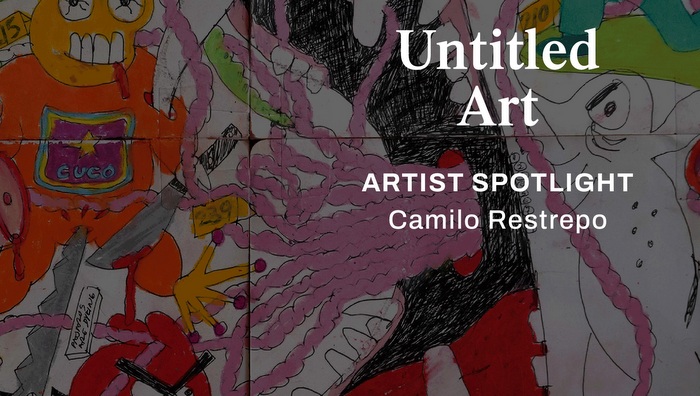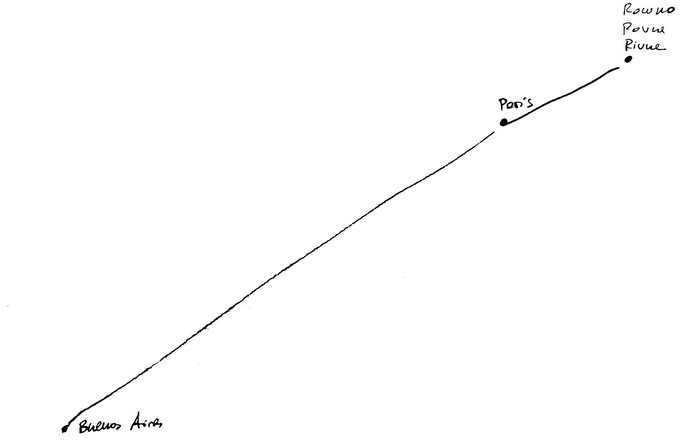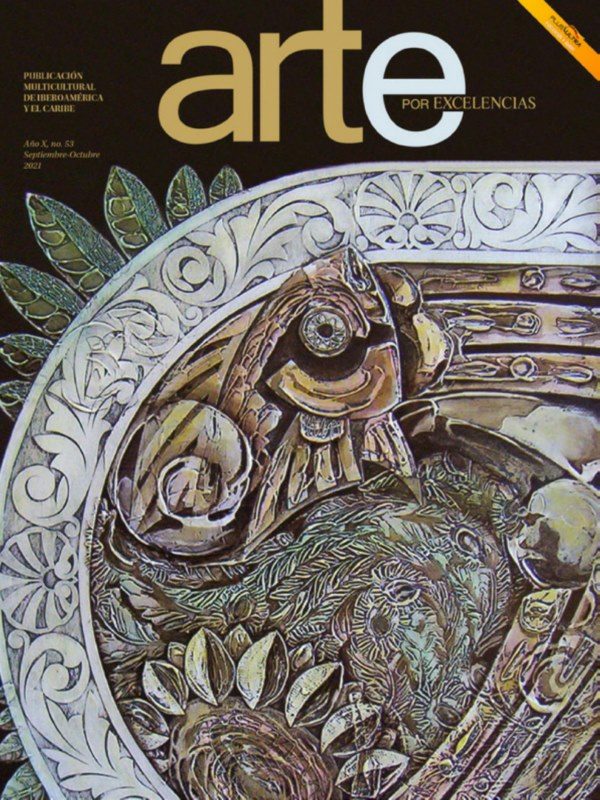 By: Jorge Domínguez
By: Jorge Domínguez
A sample of the different artistic expressions from Cienfuegos province will be appreciated at the 22nd Romerías de Mayo Festival, that takes place in the city of Holguín until May 8.
Visual artist Santiago Hermes, promoter of Trazos Libres project, that socializes subjects related to the Afro-descend, exhibited his work La ganga during the opening of the event and he recently presented the performance Milenio, dedicated to the environment care with a very similar design he used last March during a festival in the Colombian city of Bucaramanga.
Musical groups Kfé Mezclado and Rumba Lay are also participating in the greatest event of those the Cultural Association Hermanos Saíz organizes in Cuba.
With more than five years of creation, Kfé Mezclado has enchanted the more than 500 Cuban and foreign delegates and guest attending the festival. In 2011, the TV show “Palmas y Cañas” recognized the group as “Best Folk Music group and Most Popular of the year¨.
Rumba Lay cultivates Afro-Cuban art and traditions thus proving the reasons why the Rumba was declared as Cuban Intangible Cultural Heritage.
The Provincial Center of Patrimony is promoting the project La ruta del café Guamuahaya, which aims at knowing about the past and the present of the aromatic plant in a tour through coffee plantations and coffee bean benefit centers in the Cienfuegos mountains.
Writer Miguel Cañellas, 2015 Theatre Provincial Prize, is also attending the festival in Holguin, participating in workshops and conferences and promoting the program of activities for the 125 years anniversary of Tomás Terry theatre, institution he directs at present.
The Romerías de Mayo commemorate a rite born on May 3 of 1790 when priest Antonio Alegría placed a wood cross on the top of Cerro Bayado hill, now Loma de la Cruz, to celebrate a Spanish religious tradition.
Source: Cubarte















